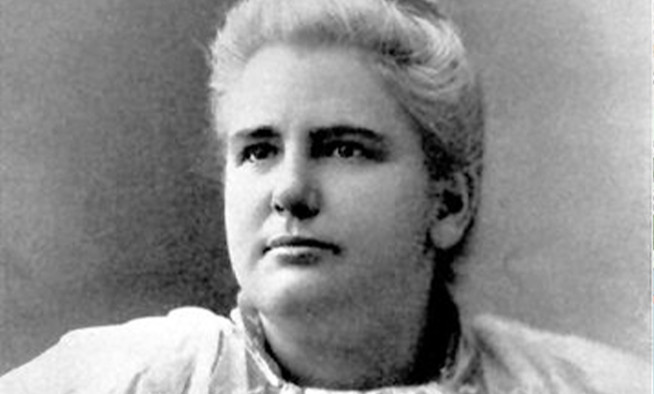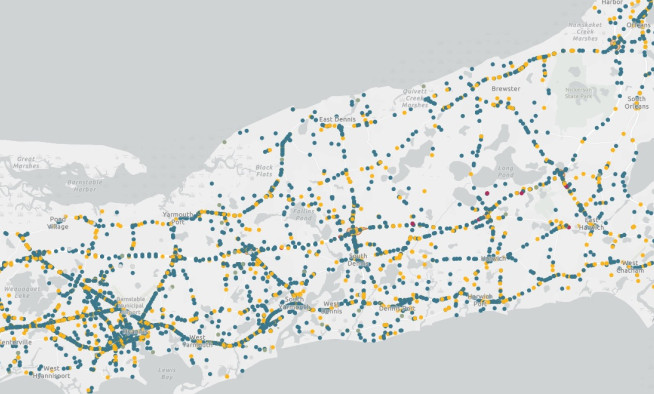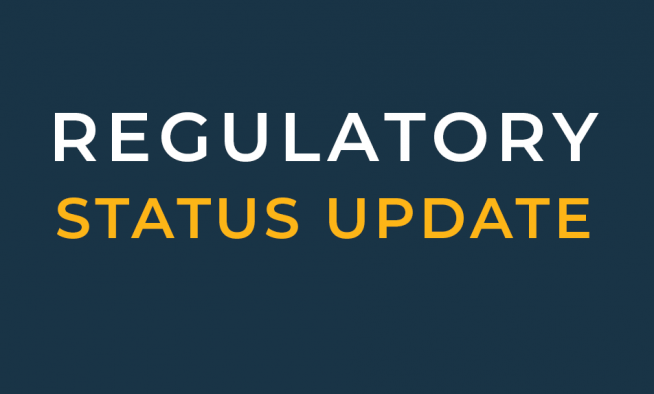Taking steps to address Cape Cod's childcare shortage
In a child’s life, there are one thousand eight hundred twenty-five days between birth and the age of five. While this may seem like a short amount of time, the experiences and people children encounter and the education they receive during this time play a significant developmental role. Yet, the cost of childcare is beyond what many families can afford. Here in Massachusetts, the average annual cost for childcare is over $15,000. This expense, coupled with the high cost of housing and relatively low wages, is forcing many families to seek affordable options off-Cape.
The Cape Cod Commission's Early Education and Childcare Needs Assessment offers recommendations designed to help strengthen the region's early education and care infrastructure. It also outlines high-impact investment areas that can support quality, consistent education and care for all families.
During the November Barnstable County Economic Development Council meeting, Senator Susan Moran outlined legislative actions and funding priorities designed to address the state’s early education and childcare needs. Senator Moran was joined by Cindy Horgan, a longtime early education and childcare advocate, currently serving as Executive Director of Cape Cod Children’s Place.
Since March of 2020, Senator Moran said, 636 early education and childcare programs have closed statewide, eliminating 7,460 slots for children. One hundred and thirteen of those programs were based on Cape Cod.
Senator Moran said that passing the Common Start legislation is a priority and she is optimistic it will pass, at least in part. The bill has the support of the Early Education and Care Economic Review Commission, on which she serves along with Representative David Vieira. Additionally, the state’s Fiscal 2023 budget includes millions of dollars to support early education and childcare, including:
- $250 million for the Commonwealth Cares for Children childcare stabilization grants, which aim to support early education and childcare providers’ day-to-day operational and workforce costs;
- $175 million for the newly created High Quality Education and Care Affordability Fund, to be used to support the implementation of initiatives to promote a high-quality education and care system;
- $60 million in rate increases for subsidized childcare providers, meant to address the workforce shortage;
- $31.5 million to expand access to the Head Start Program;
- $25 million to bolster the state system of care to help families navigate the early education and care landscape;
- and $85,000 for the Cape Cod Chamber to offset the cost of childcare for women actively engaged in workforce training or educational programs with the goal of career advancement.
The cost of childcare, Horgan echoed, is beyond what most families can afford, yet it’s critical to ensuring a solid future. Horgan suggests that providing quality early childhood care and education builds stronger children who may have less risk of future substance use issues, mental health challenges, or even criminal behavior – all of which place a financial burden on the community.
The Cape Cod Commission will continue to work with our legislators, municipalities, and childcare advocates and providers to ensure we are moving toward a future that supports a livable wage for childcare workers, expanded access to programs, and a cost that is affordable for all families and sustainable into the future.
Related Posts




